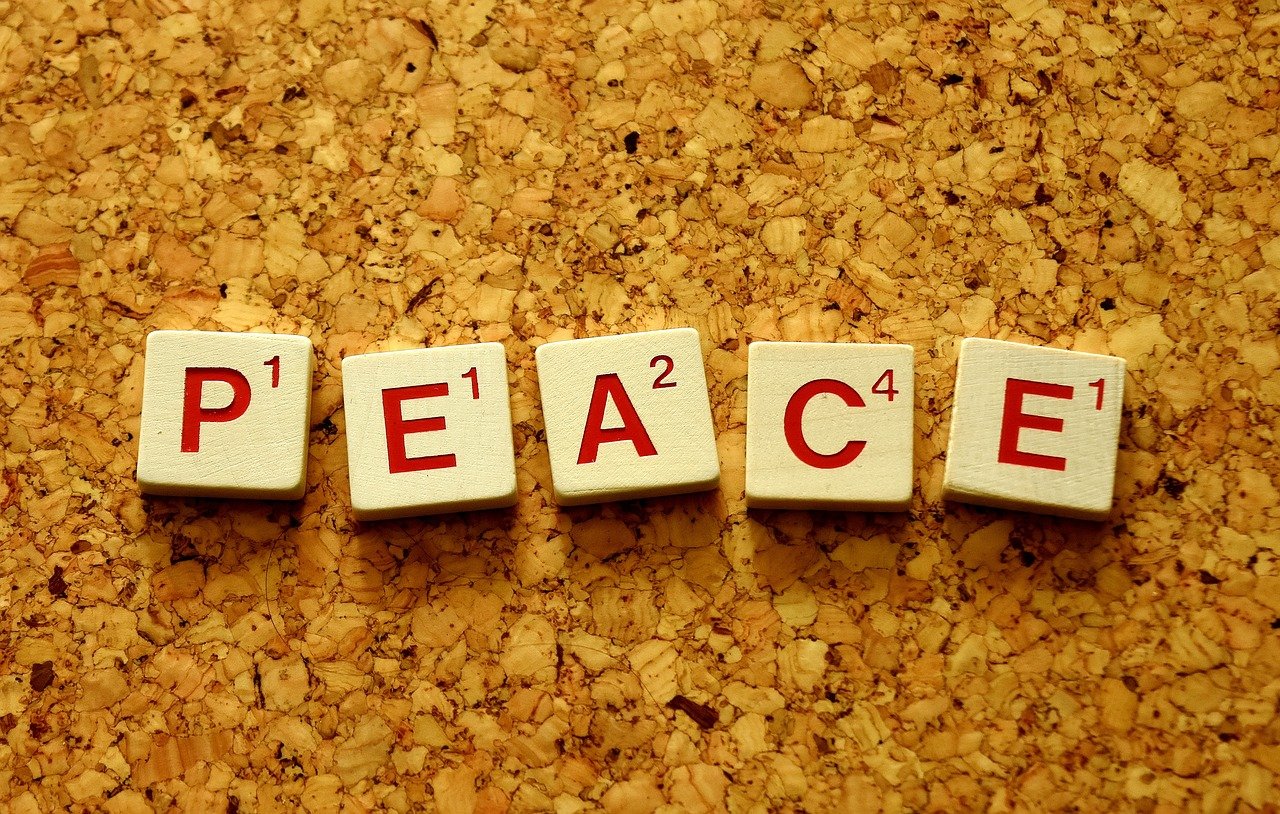The Power of Words
My body clock has always decided that September is the start of a new year. This is likely the result of spending 20 years attending school. September is also when our Jewish friends celebrate Rosh Hashanah, their New Year, and the Day of Atonement, Yom Kippur, at its conclusion.
I thought I’d begin my own process of renewal by cleaning out a file cabinet in my office. While doing so, I came across a team-building project I did for a recent client. What stood out was the design of a workshop, an attempt to shift the mindset of people in his organization. At my suggestion, the client ordered the book "Conscious Language: The Logos of Now - The Discovery, Code, and Upgrade of Our New Conscious Human Operating System" by Robert Tennyson Stevens. The book was self-published in 2007. It's not the easiest book to read, but it's filled with important nuggets about how our language influences our results.
Bringing this forward to today, I listened to a short speech by Mohammed Qahtani at an International Toastmasters conference. He said, “Words can change someone’s mind. Words can change a life and inspire a nation. One’s mouth can spit venom or mend a broken soul.” I reflected on the polarization our country and institutions are experiencing today. So many of us are calling for kindness these days, yet in moments of frustration, we can easily shift into using loud and abusive language.
This is not a new problem. Add to it the emergence of the COVID-19 virus. Fear and terror engulfed many of us. People were stuck at home, with many turning to the internet to learn new things but also to do “research.” Due to the design of internet algorithms, much of this “research” led good-hearted people to misinformation and conspiratorial information. We are now more polarized than before the pandemic. When we lack kindness and empathy, it’s as if we are pouring accelerant on ourselves.
So, what should we do? Awareness is the first stage of changing behavior. Notice your thoughts as well as the words that come out of your mouth. When you catch yourself with a negative thought, ask yourself, “How can I see peace instead of this?” As simple as this may sound, it is not easy and can take years of practice to develop a new pattern.
If negative language spews forth from your mouth, don’t be afraid to catch yourself, even in mid-sentence, and say, “Let me rephrase that.” Revealing vulnerability is a courageous act. Taking back your words, or self-correcting, is a powerful intervention. You’d be surprised how this simple act can lead to a very rich dialogue about the use of language and, more specifically, words. Let’s move together in peace.

